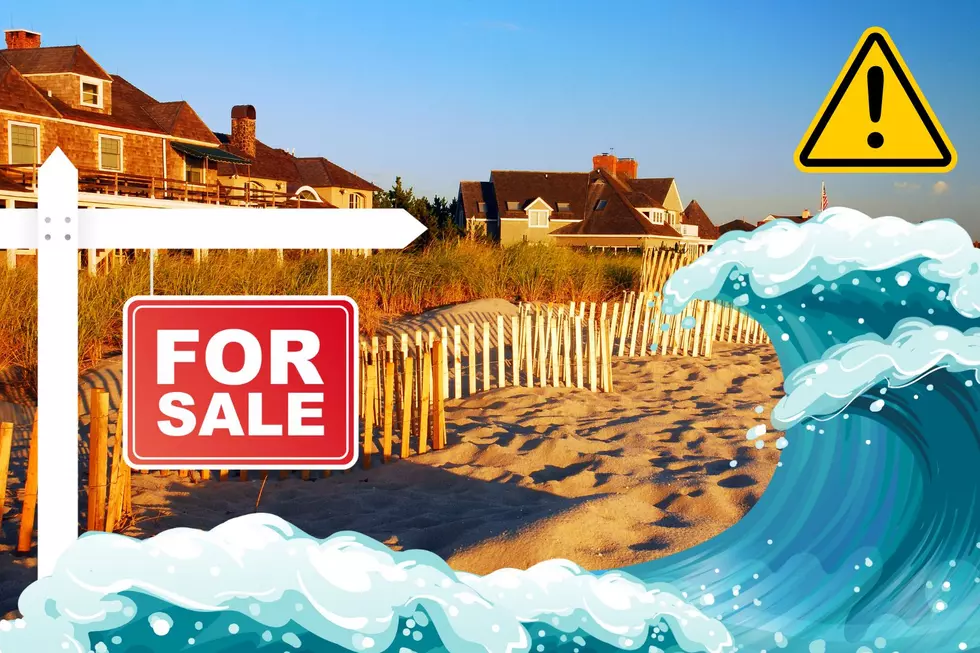
Sea Isle City, NJ, struggles to control rowdy teens
Despite efforts in many shore towns to curb rowdy behavior by teens, those efforts are having mixed results.
In Sea Isle City, complaints about teens throwing bottles at cars and houses have continued. Sea Isle is announcing new efforts to try and get a handle on the vandalism.
Mayor Leonard Desiderio told 6 ABC Action News he is closing access to the beach at 10 p.m. nightly and increasing police patrols. He is also asking residents to post visible "No Trespassing" signs so police can enforce the law.
Sea Isle City is not alone dealing with rowdy behavior.
In Beach Haven, locals have been posting video of teens being loud, rude, urinating in public and harassing residents. The complaints have gotten so loud, town officials held a public hearing to allow residents to vent. They promise measures, soon, to curb bad behavior.
There have been similar issues reported in other shore towns, like Ocean City, Point Pleasant Beach, Toms River, Beach Haven and more. Some towns have adjusted curfews requiring juveniles to be off the streets as early as 10 p.m. Other towns are increasing police patrols to discourage bad behavior.
Is new law to blame for bad behavior?
Some local officials have suggested a link between the rise of juvenile crime, and new directives from the New Jersey attorney general that restrict how and when police can question or detain juveniles.
The mere presence of alcohol and marijuana is no longer considered probable cause, and officers who violate the directive can face severe discipline. Many police union officials have told their members to avoid confronting juveniles altogether.
Avalon Police Capt. John Roscoe blamed the new directive for making his officers wary of engaging the rowdy behavior, and said there was little they could do other than tell them to leave the area.
However the Attorney General's Office disputed that premise and defended the directive. In a statement to 6ABC, the office insisted, "Nothing in AG Directive 2020-12 prevents law enforcement from taking appropriate action when necessary." The office encouraged local towns to reach out to them for clarification, if needed.
Point Pleasant Beach NJ: 11 most popular spots
15 sensational places to visit in Seaside Heights and Seaside Park
Most wanted in Hunterdon County
More From New Jersey 101.5 FM









